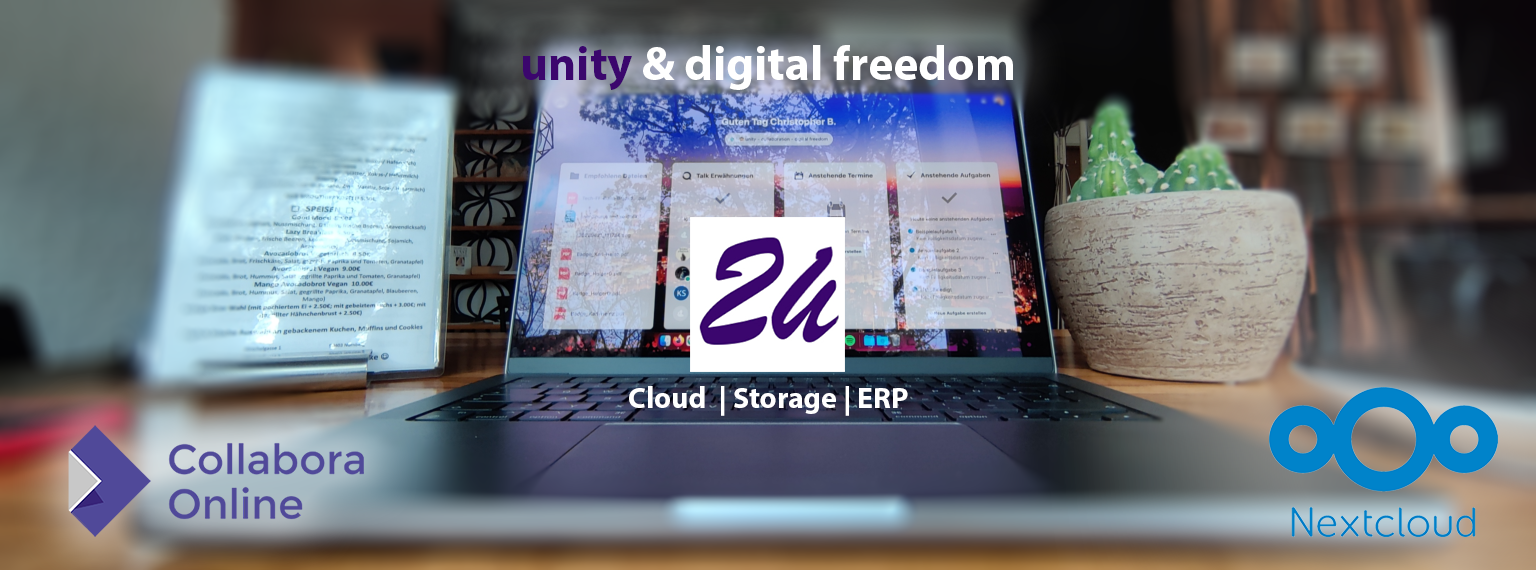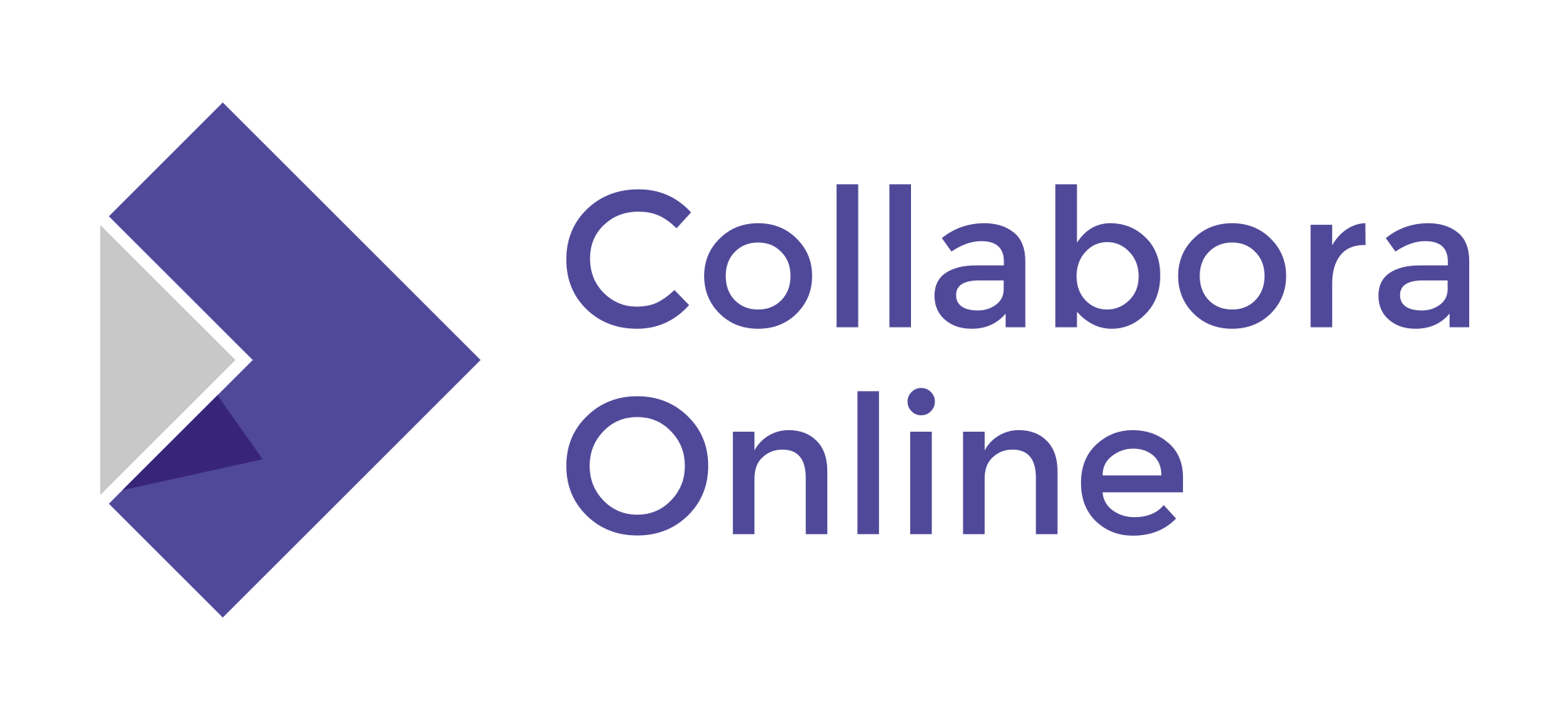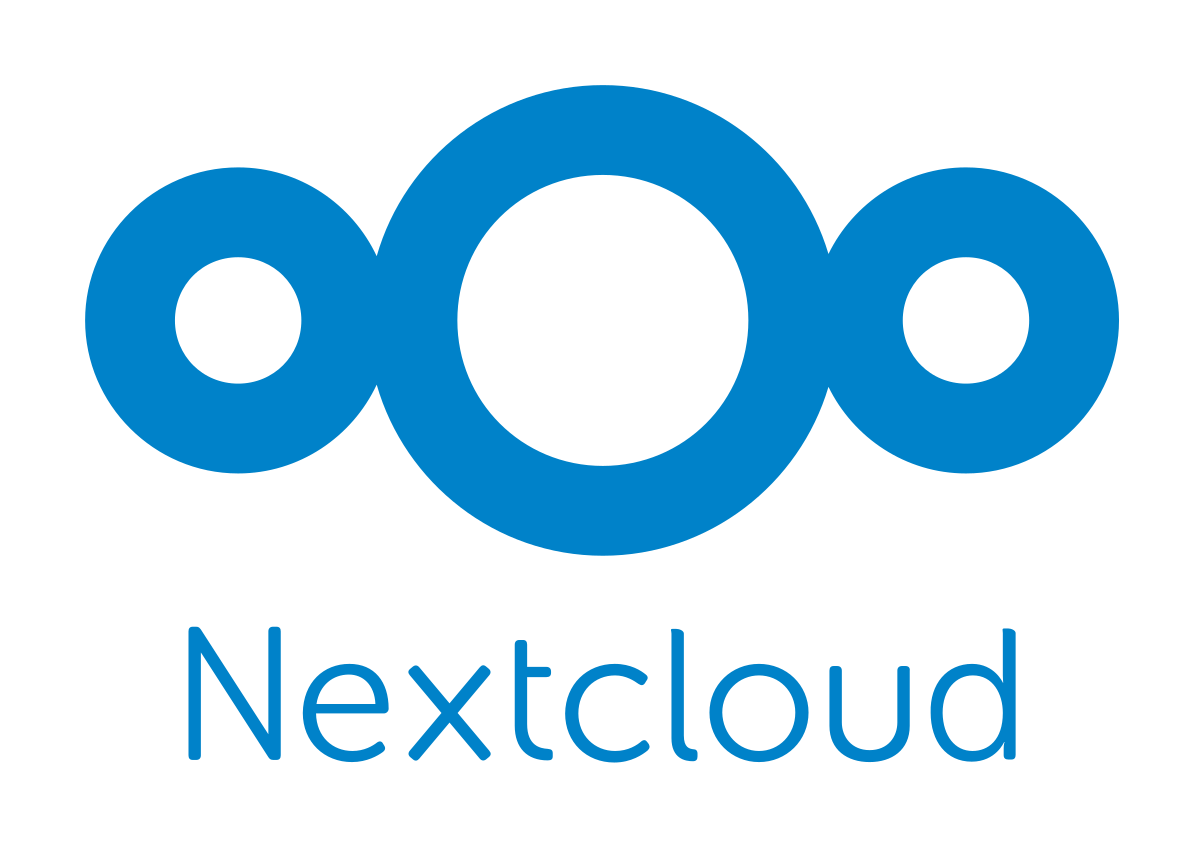 After the events of the last few years, we (at least as employees) have become accustomed to no longer working „office-bound“ and chained to a desk. Under the terms „home office“, or „remote working“, many companies nowadays sell us something as a benefit, that should actually be completely normal and the natural progression of modern working. In current job advertisements I read again and again, how completely flexible and location-independent working is sold as THE new benefit for employees.
After the events of the last few years, we (at least as employees) have become accustomed to no longer working „office-bound“ and chained to a desk. Under the terms „home office“, or „remote working“, many companies nowadays sell us something as a benefit, that should actually be completely normal and the natural progression of modern working. In current job advertisements I read again and again, how completely flexible and location-independent working is sold as THE new benefit for employees.
Granted… for remote working there should be a certain basic trust on both sides and I also know some people for whom „free“ working is simply not the right form of work. Nevertheless, we now live in 2022, where we can be connected anytime and anywhere. More often than not, however, productivity from home, or any other location, fails because of the work devices and platforms provided by the employer, rather than the discipline of the employee, who just wants to take advantage of their newfound freedom.
The company diligently invests in commercial solutions with large cloud providers, but when the IT department then runs up a storm because of the data and security and so on 😉, the most insane 2 to 10 factor authentication procedures are introduced and actually useful tools suddenly drift into daily login and password madness – or are just not accessible because you are 5m outside the zone determined by the company via GPS, in which you can set up a VPN. It’s not that I’m against security in IT solutions, but at the end of the day, I’m just an end user who doesn’t want complicated tools and processes (by the way, my favorite security feature is my fingerprint!).
After investing millions (depending on the size of the company), there is usually an overkill of integrations, although you actually bought all these solutions because they promise to be very simple and to make the company and its employees as agile, as it is common in all these cool tech startup Silicon Valley companies. In most cases, that’s true from a technical perspective, but from an end-user perspective, it’s not – or it’s too short-sighted. While we modern employees aren’t always tech gurus per se, we have become browser and app experts. We really want nothing more, but for tools at work, to work as easily and intuitively as using Facebook, LinkedIN, YouTube and all the other apps we use in our free time. If we didn’t spend a large part of our remote working day failing at the tools and login/connectivity measures provided, we would certainly be just as, or possibly even more productive than in the office, where many people are bored and distract each other, or the real hot spot is the coffee lounge and not our own desk. Believe me dear managers, bosses and employers… If you trust us to enjoy our work and wanting to perform, we will pay you back with increased productivity and quality (he wrote from his favorite coffee shop sitting at his laptop).
That’s why we at 21unity have asked ourselves most of the questions from an end-user perspective and have developed solutions that both comply with current security and compliance standards and are easy to use. That’s why you get 21pro and 21unity Cloud as browser-based applications, where you can access all features with one login and always be connected to your colleagues and other important people. As easy as it gets. Message end.
Please also check out our partners sites for interesting information about digital and remote working:
 |
Collabora Online is a powerful online office suite that supports all major document, spreadsheet and presentation file formats, which you can integrate in your own infrastructure. Key features are collaborative editing and excellent office file format support. |
 |
Nextcloud is a suite of client-server software for creating and using file hosting services. It is enterprise-ready with comprehensive support options. |
